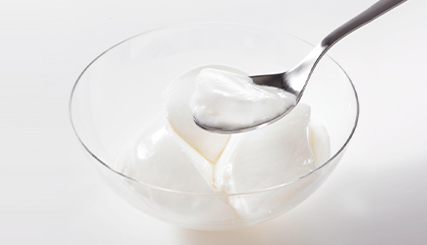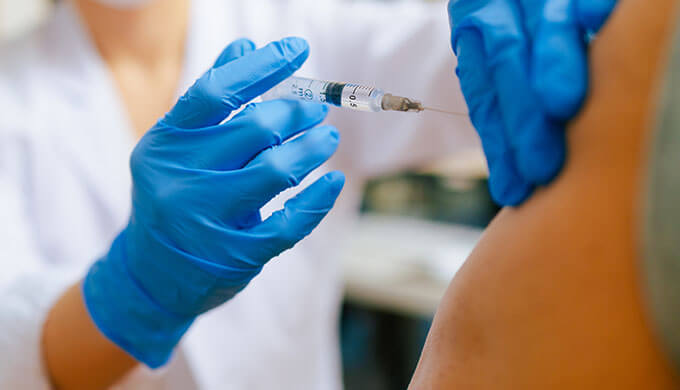There are more than 200 menstrual symptoms*1 that over 80% of women in Japan experience*2 ranging from abdominal pain, headache, and fatigue to loss of appetite, drowsiness, bloating, irritability, and depression.
Men are not well-versed on the unique physical and emotional fluctuation that menstruating women experience each month. It's time for them to join the conversation. Gender equality is a global issue that affects us all. It's increasingly important that we educate ourselves around menstruation and its impact on women's health. In 2022, Meiji launched an innovative project that is creating real change.
How It All Started
The idea for the project came about five years ago. At the time, Yoshida was in charge of marketing food products targeted at women, and her boss was expecting her to come up with a new product.
"I was sitting in the conference room brainstorming with my team, but nothing really stood out. Since we were stuck, we decided to head over to a café for a change of scenery." Yoshida recalls.
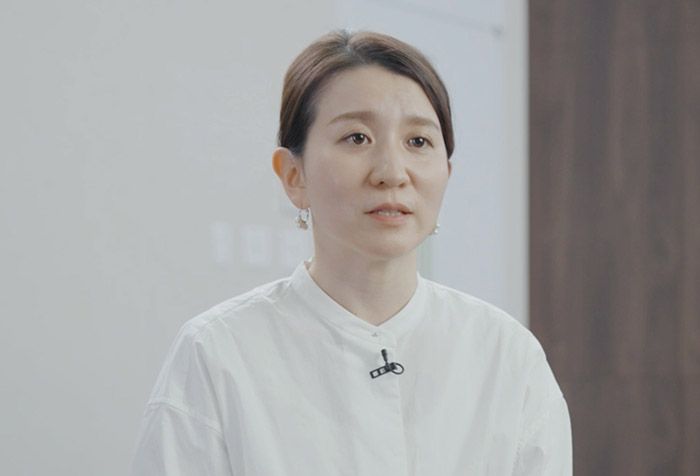
"I muttered something about having bad cramps, and one of my teammates chimed in saying "I do too," and the conversation started to pick up." It was a small comment but it sparked a conversation that changed everything. "We don't usually have a chance to talk about periods openly and honestly. But once we started, I realized there are a lot of issues that women face without discussing."
And so, the idea for the project was born.
Over 80% of Women Suffer From Menstrual-Related Issues. This Impacts Job Performance
Yoshida and her team started researching women's health issues right away. They noticed a trend. "When we asked, 'Do you have any health concerns?' Most answers revolved around being sensitive to the cold and skin problems. and skirted the topic of periods. However, when specifically asked 'Do you have any menstrual concerns?' women had a lot to say."
A 2021 Survey on Women's Health, revealed that more than 80% of women in Japan are concerned about their menstrual cycle. This can have a major impact on work performance, resulting in labor losses amounting to an estimated 551.6 billion yen annually*3.
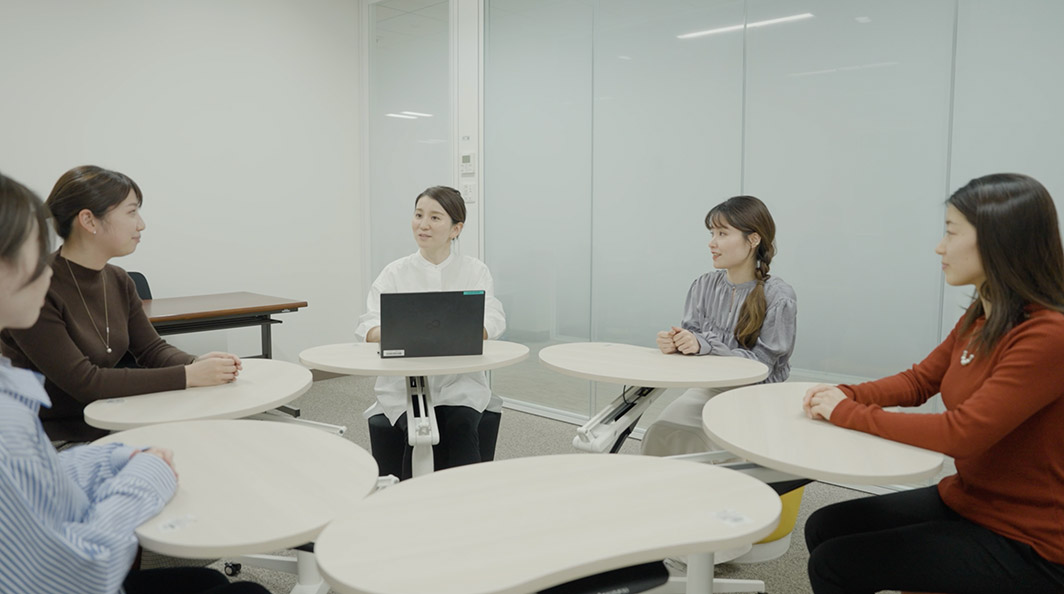
Percentage of women with menstrual concerns (n=1,110)
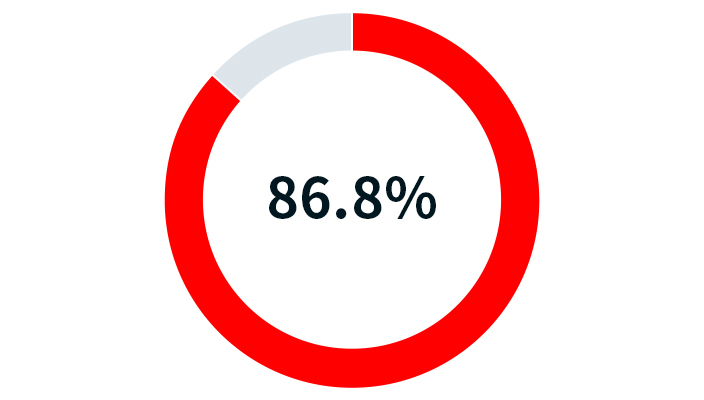
Nikkei Business Publications, Inc. / Cross Marketing, Survey on Women's Health 2021
Percentage of women who feel their work performance suffers due to menstrual symptoms (n=2,000)
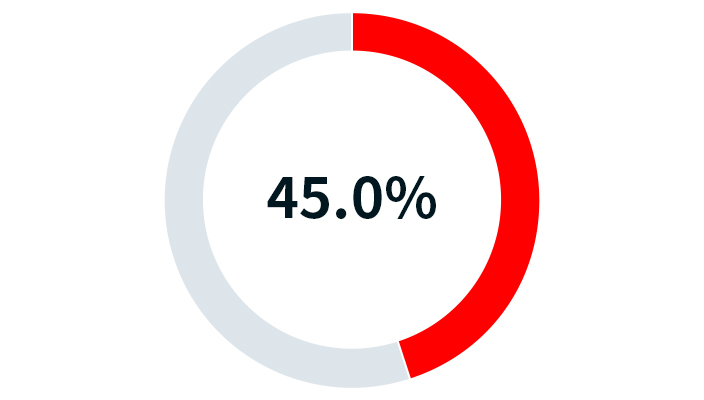
Health and Global Policy Institute, The 2018 Survey on Health Promotion and Working Women
Percentage of women who have had women's health related issues at work (n=2,400)
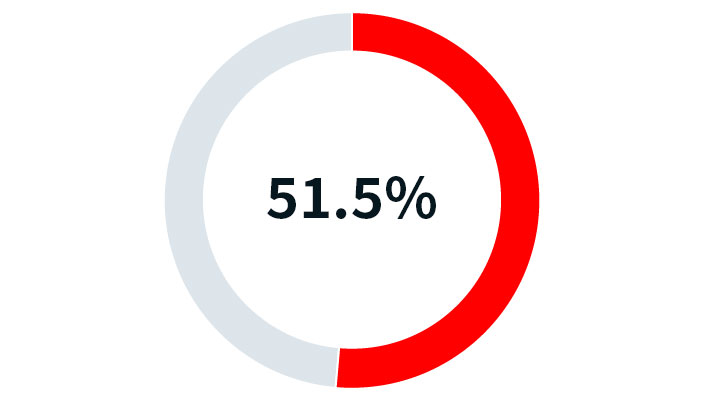
Source: Ministry of Economy, Trade and Industry
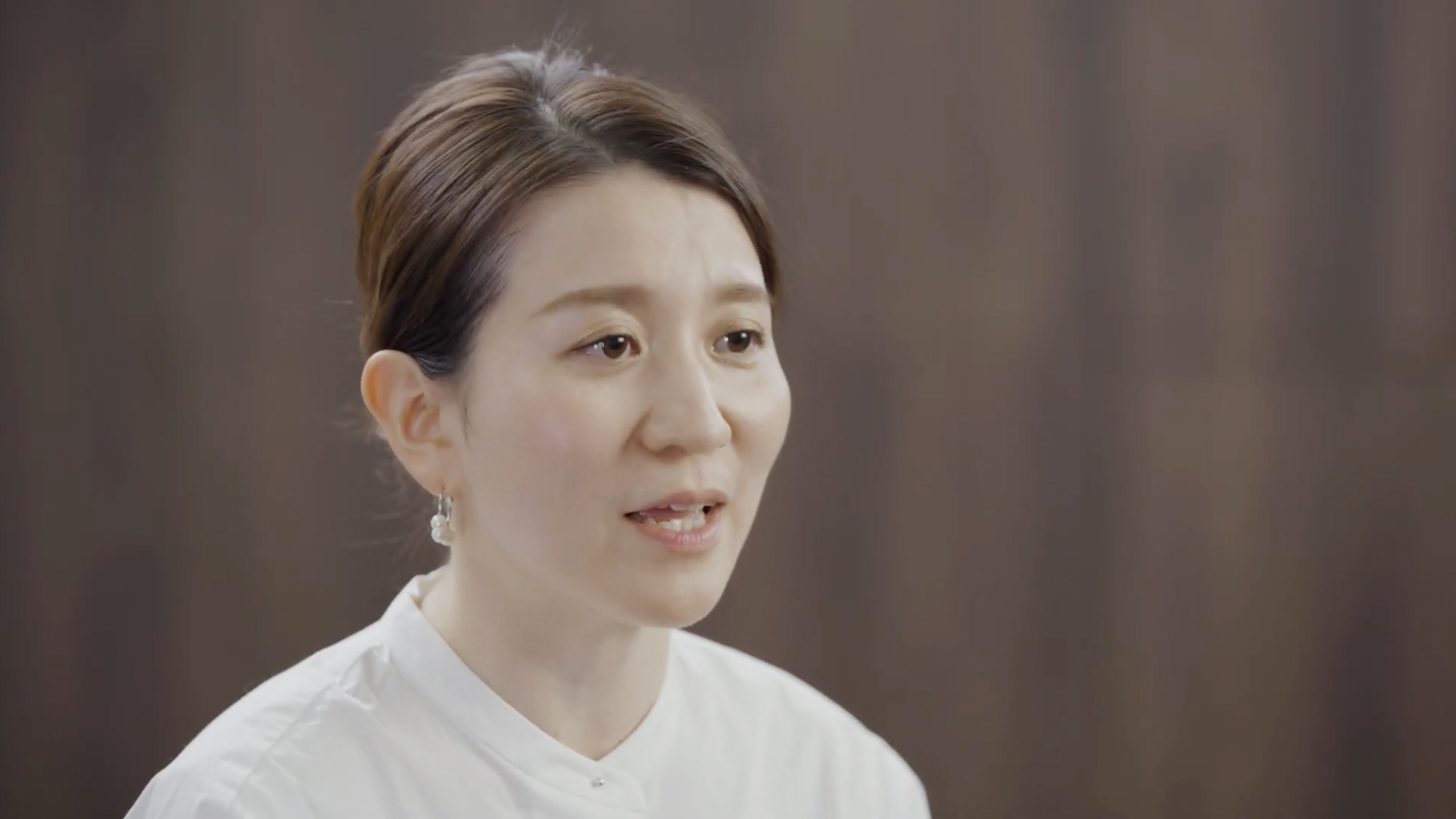
Yoshida says, "Data showed that 60% of women with menstrual concerns do not take measures to alleviate their symptoms*4. Many feel they have no choice but to suffer through them. We wanted to focus on food ingredients and something to make it easier for women to practice self-care. Our key focus was to make it 'tasty and fun'."
Applying Research Results
While Yoshida was looking into relatable and accessible product possibilities, she noticed some research results that had been overlooked.
Murakami, the research director, explains "We've been researching women's health for some time now and found promising results with a type of milk protein called alpha-lactalbumin (α-LA). When Yoshida told us about her project, we thought it was a great idea to work together."
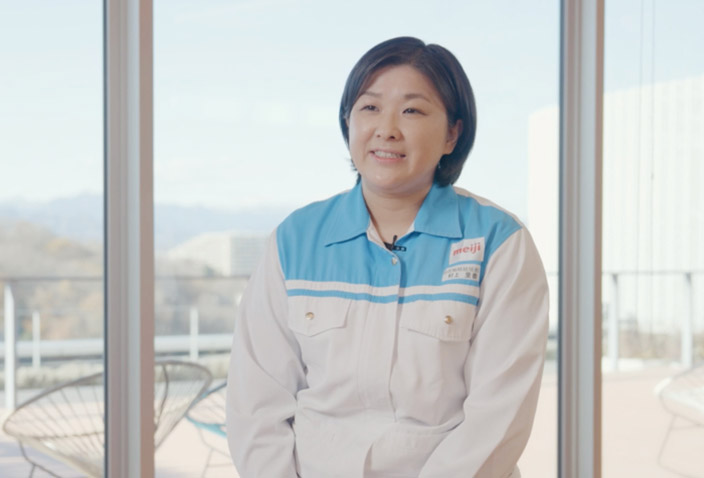
From past research, it has already been found that α-LA has the potential to lessen pain and inflammation during menstruation. However, there are several menstrual symptoms not limited to pain. Murakami investigated whether α-LA had positive effects in other areas.
In the study, women with menstrual symptoms were asked to take α-LA and report any changes in their symptoms. Respondents who took α-LA experienced some relief from discomfort compared to those that did not, indicating that α-LA has promise in alleviating physical discomfort during menstruation. This led to focus more on α-LA and make efforts to cater to women's needs.
α-LA research results
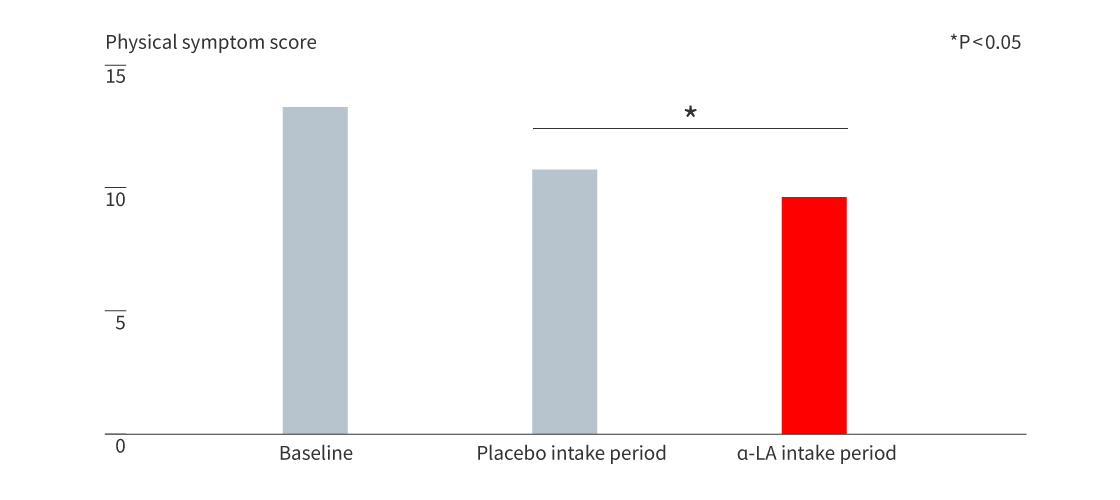
Japanese Pharmacology & Therapeutics 48(8); 1409-1427, 2020
55 women (25-39 years old) with symptoms associated with menstruation were divided into two groups. Over one menstrual cycle, one group consumed food containing 900 mg of α-LA while the other consumed food that did not include α-LA. Both groups refrained from α-LA in the second cycle and then swapped α-LA consumption during the third cycle.
Murakami reflects on her approach to addressing period discomfort, "Some women view menstruation as a sign of good health and don't feel the need to alleviate their symptoms. So I thought I could look at foods consumed daily instead." This led her to explore how diet can support women's health during menstruation.
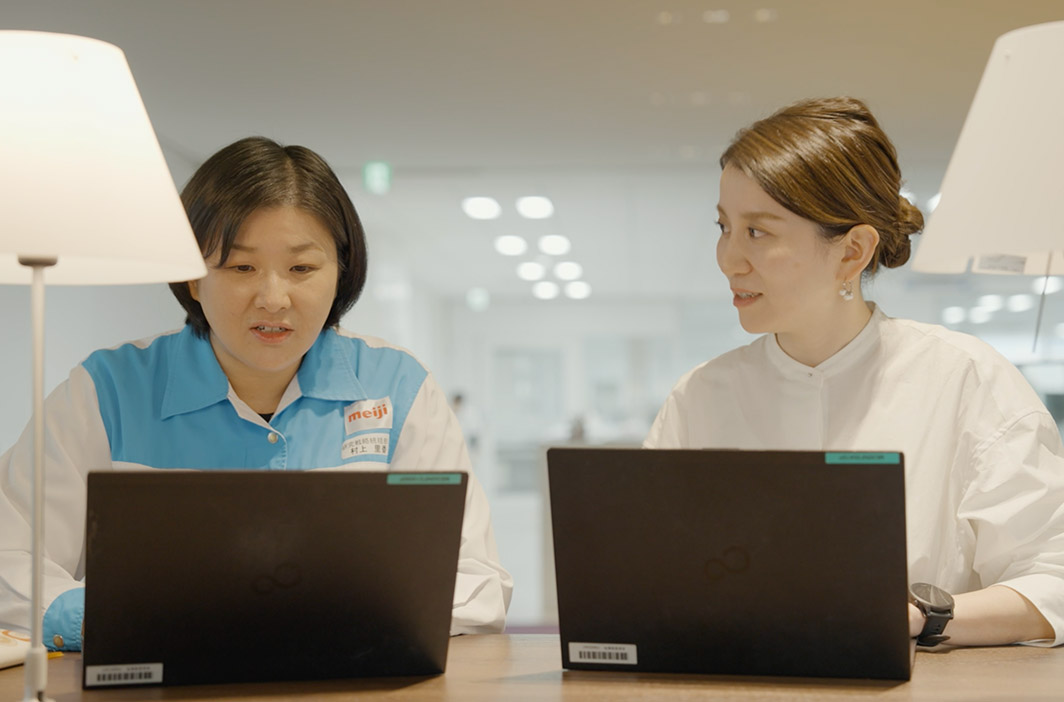
Transcending Barriers of Understanding and Expanding Support Circles at Work

A Contribution That Only Meiji Can Make
Meiji's new project came to life with the launch of the "Femlink Lab." educational platform. Femlink Lab. provides expert opinions on a range of women's health issues including basic knowledge about menstruation and premenstrual syndrome (PMS), along with how to deal with menstruation in society and organizations. Looking to the future, we want to further support women by helping to create safe spaces like salons where people can meet up to share ideas and reflect, or hold seminars on important issues.
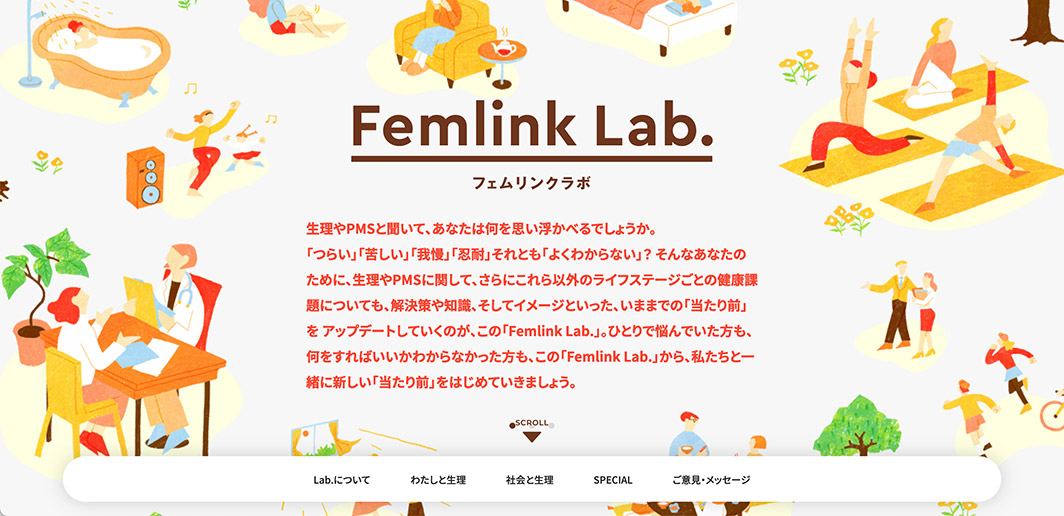
"Femlink Lab." website
Yoshida and Murakami speak respectively that:
"The feedback we've gotten so far is that this is the type of info that people were looking for. Many people seem to be intrigued by the idea that making changes to their diet and lifestyle can contribute to a more comfortable menstrual period. It's great to see that the response to Femlink Lab. is not only from women but also from men. I hope to keep spreading the idea that talking about menstruation is nothing to be ashamed of."
"I hope we can make menstrual self-care a part of our regular routine instead of revamping our lifestyle. I look forward to developing new menstrual self-care products and having them available to help women take care of themselves."
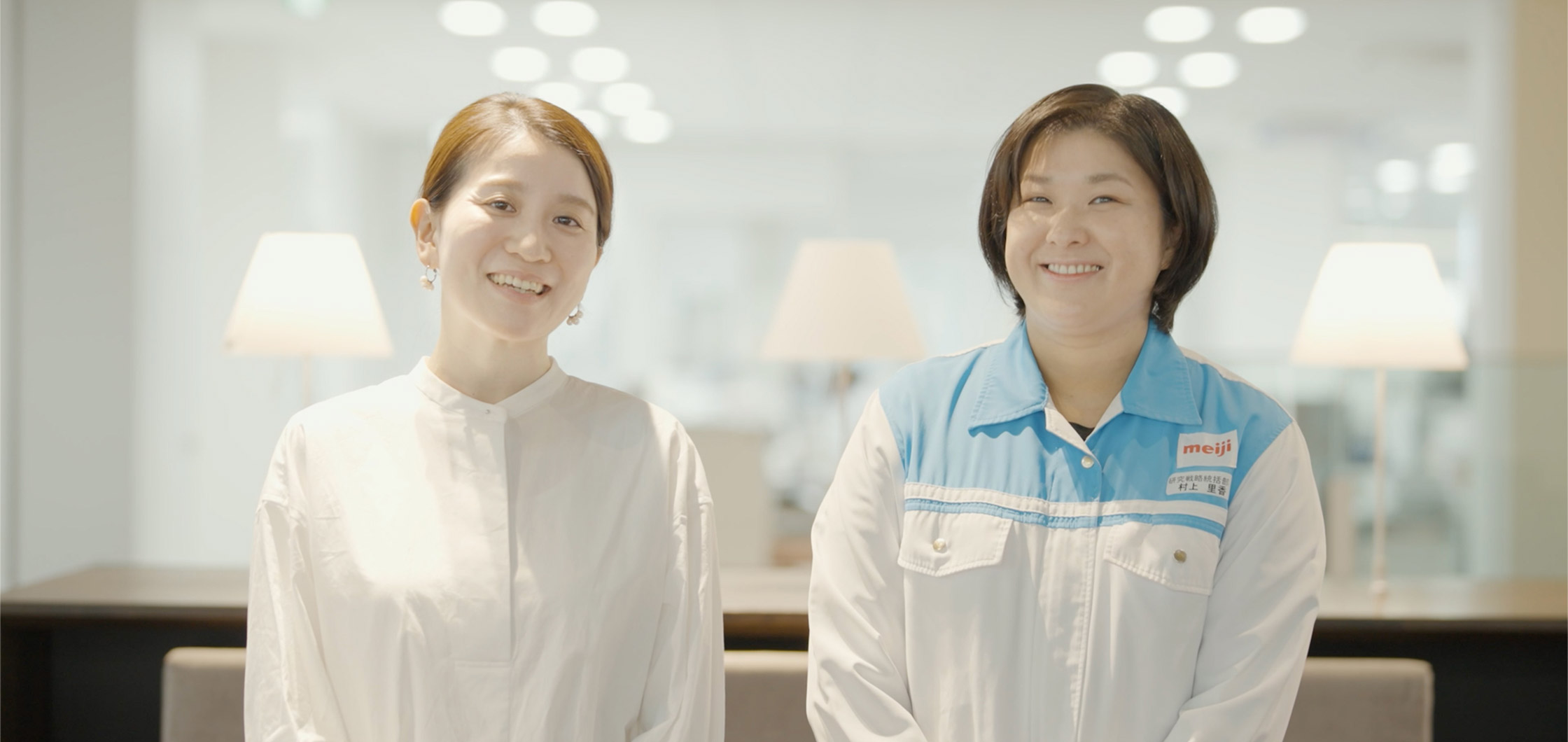
*1 The Journal of the Japan Society of Obstetrics and Gynecology, Training Corner
*2 Nikkei Business Publications, Inc. / Cross Marketing, Survey on Women's Health 2021
*3 Meiji Co., Ltd., Survey on Menstrual Distress
*4 Health and Global Policy Institute, Survey on Health Promotion and Working Women 2018


